Introduction: Why Developers Can’t Ignore AI New Technology
In the fast-moving world of software development, one phrase keeps rising to the top: AI new technology. As a developer, I’ve seen the evolution of tools firsthand—from version control systems to automated testing frameworks. But nothing has shifted our landscape quite like artificial intelligence. Whether you’re debugging legacy code or experimenting with generative AI, the impact is impossible to ignore.
Understanding the Core of AI New Technology
At its core, AI new technology refers to the latest advancements in artificial intelligence that enhance the ability of machines to perform cognitive tasks. These tasks range from natural language processing to intelligent automation and even creative code generation. Developers are now integrating AI APIs, using AI for code completion, and leveraging machine learning models to solve problems that once required hours of manual effort.
For example, tools like GitHub Copilot and Amazon CodeWhisperer have entered our coding environments, offering smart suggestions that reduce development time dramatically. These aren’t just cool add-ons—they’re fundamentally shifting how we write code.
How AI New Technology Boosts Developer Productivity
One of the most tangible benefits of AI new technology is increased productivity. Traditional development involved repetitive, often tedious tasks such as boilerplate coding, syntax checks, or routine bug fixing. With AI, many of these processes are now automated.
Additionally, AI can analyze large codebases in seconds, providing real-time recommendations or identifying vulnerabilities. As developers, this lets us spend more time focusing on architectural decisions and less time grinding through routine tasks.
Moreover, AI-powered IDE plugins can detect patterns and optimize code even as you type. This real-time collaboration with artificial intelligence boosts both accuracy and efficiency.
Streamlining Testing and Debugging with AI
Testing is another area where AI new technology makes a significant impact. Automated testing has been around for years, but AI has taken it to the next level. Now, test suites can adapt based on previous results, user behavior, and changing codebases.
Tools such as Diffblue and Testim use AI to generate tests and adapt to code changes. In turn, this minimizes human error and ensures high code quality with far less effort. As developers, we know how painful debugging can be—AI can trace the origin of bugs faster than manual review, often suggesting precise fixes on the spot.
AI New Technology in CI/CD and DevOps
In the DevOps ecosystem, AI new technology optimizes continuous integration and deployment pipelines. For instance, predictive analytics can forecast build failures, resource bottlenecks, or deployment issues before they occur.
Through intelligent log analysis, AI tools can flag anomalies or inefficiencies in server performance. That means less downtime and smoother release cycles. For any developer involved in operations, this kind of insight is incredibly valuable.
Furthermore, AI chatbots are now part of DevOps teams, assisting with deployment commands, performance summaries, and alerts. This reduces friction between development and operations while maintaining transparency and speed.
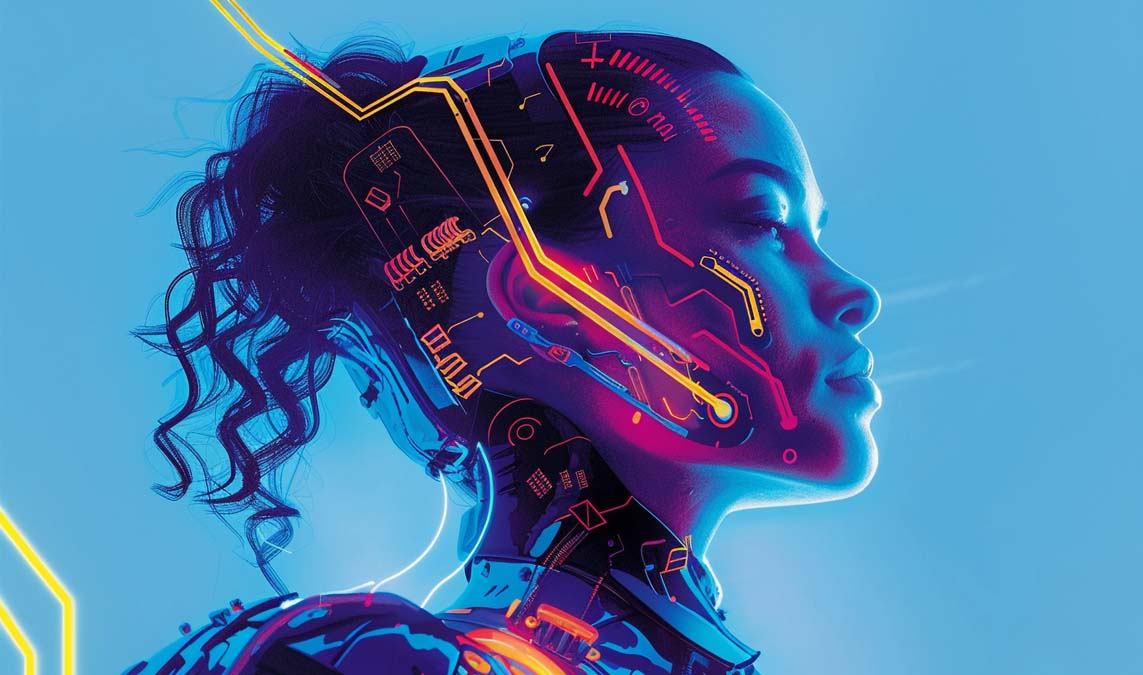
The Role of AI in Code Generation and Documentation
Let’s be honest—documentation isn’t every developer’s favorite task. Luckily, AI new technology has made this chore more bearable. Natural language processing models can now automatically generate accurate and readable documentation from your codebase.
Additionally, AI-powered code generators can help scaffold entire applications. Whether you’re building a CRUD app or experimenting with React components, AI can help you bootstrap your project in minutes.
Because these models are trained on millions of repositories, they recognize standard patterns and best practices. That means your generated code often comes optimized right out of the gate.
Security Gains Through AI New Technology
From a security standpoint, AI is already outperforming traditional static analysis tools. By scanning for unusual behavior patterns and correlating them with known vulnerabilities, AI systems can detect threats before they become real problems.
As a developer, you can integrate security-focused AI tools directly into your development pipeline. These tools flag issues like SQL injection risks, exposed secrets, or API abuse. Even better, they often offer code fixes along with detailed explanations, helping you learn as you patch.
AI and Ethical Coding: A Developer’s Responsibility
While AI new technology offers many benefits, it also comes with ethical implications. Biased training data, misuse of automation, and overreliance on AI-generated code can pose risks. That’s why developers must remain vigilant.
It’s important to validate AI-generated outputs, just as we would peer review a colleague’s code. Moreover, developers should advocate for transparency and fairness in AI systems—especially those deployed at scale.
Contributing to open-source AI ethics projects or simply educating yourself and your team on best practices can make a big difference. After all, we’re not just users of technology; we’re also its architects.
Looking Forward: What’s Next for AI and Development?
The future of software engineering is inextricably tied to AI new technology. As we move forward, expect AI to become even more context-aware, integrated, and adaptive. Personalized developer environments, auto-scaling infrastructure, and AI-augmented creativity are just the beginning.
Furthermore, collaborative AI—where machines assist developers in real-time—will likely evolve into full-fledged coding partners. Imagine an AI that understands your team’s style guide, your product goals, and your historical bugs, all while offering personalized insights.
While change can be daunting, it’s also exciting. Developers who embrace AI will find themselves with more time for innovation, creativity, and leadership.
Conclusion
From automating tedious tasks to revolutionizing how we think about code, AI new technology is rewriting the rulebook for developers. While we must navigate its limitations and ethical concerns, the potential is enormous. As software engineers, now is the time to adapt, experiment, and evolve alongside these intelligent tools.
By staying informed and embracing the shift, we not only future-proof our careers but also help shape the next generation of software development.


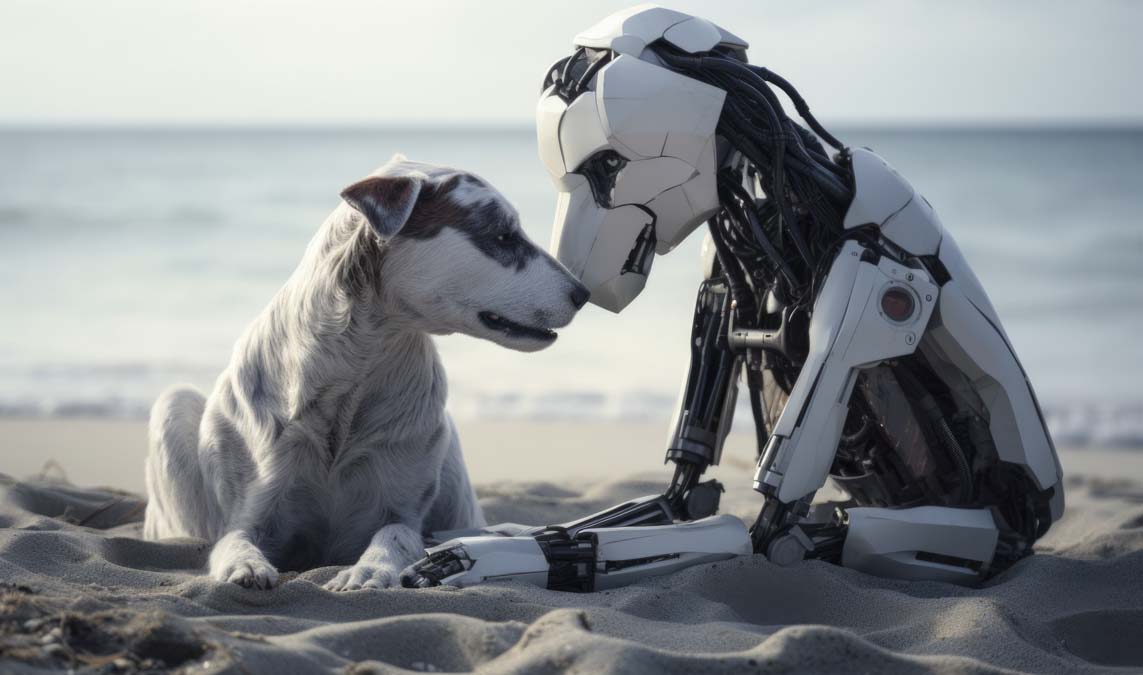
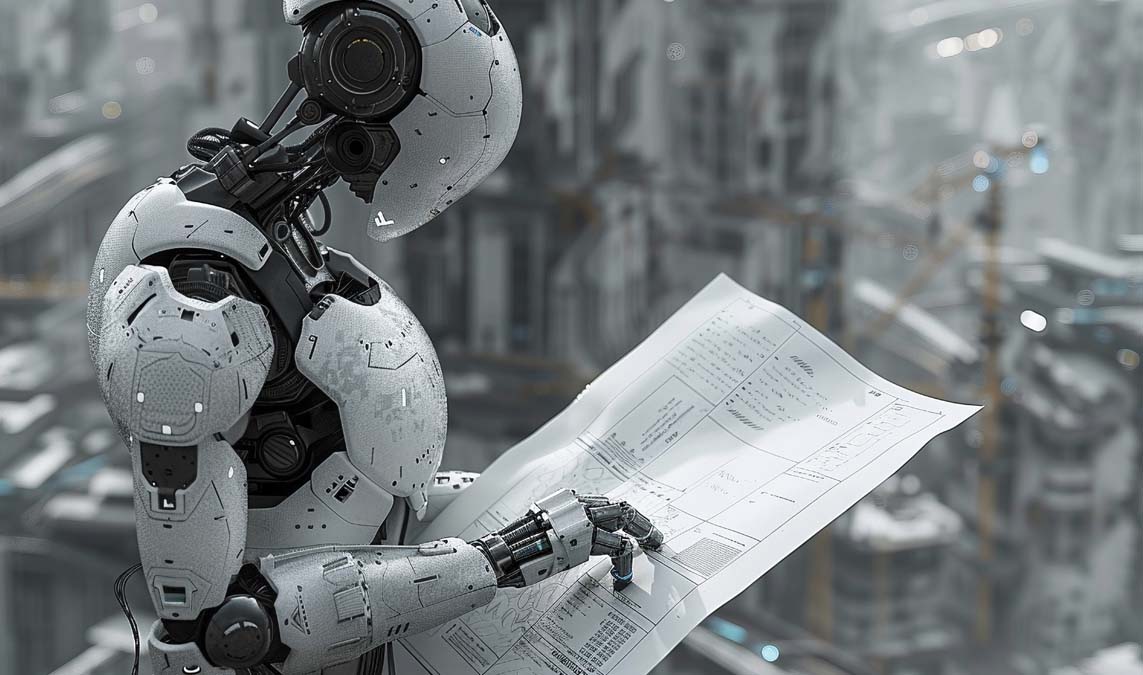

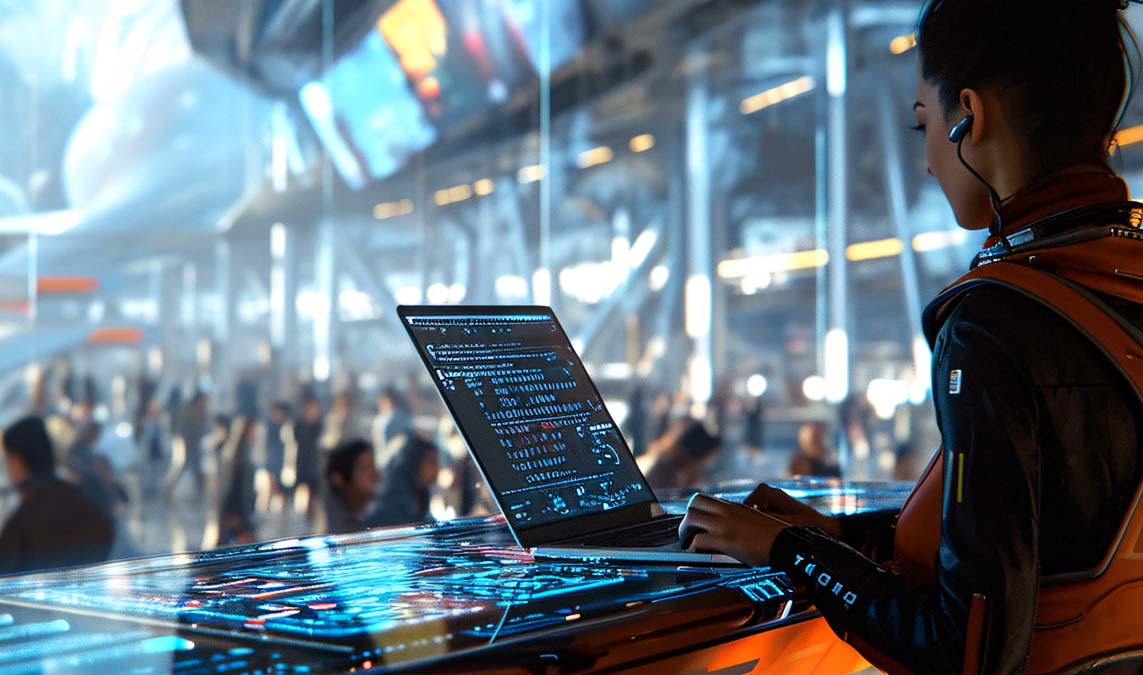
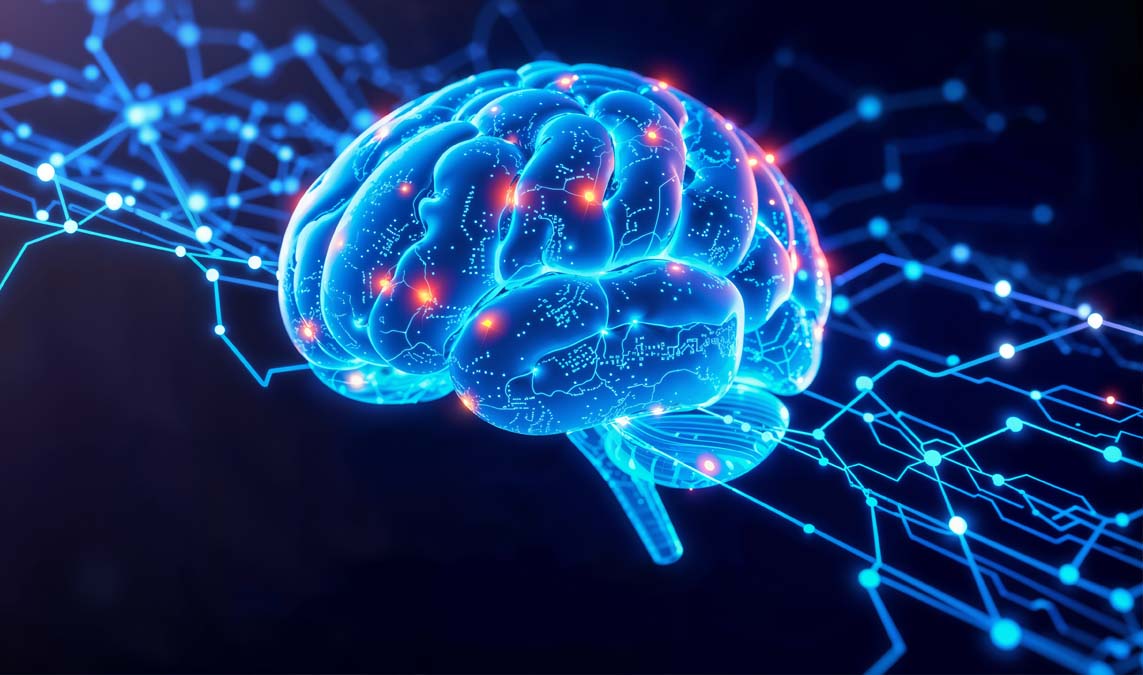

Add Comment